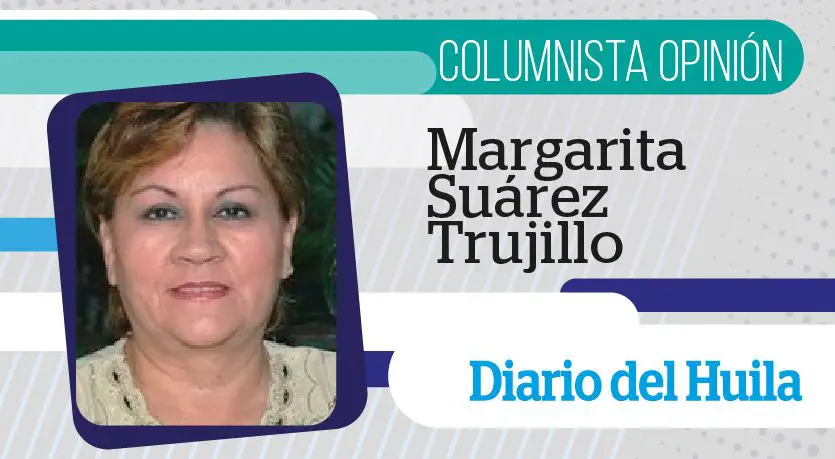By: Margarita Suárez
Defoliating daisies
I share with the readers parts of the interesting editorial “Twitter: The revolution of 140 characters”, written by Germán Manga in El Nuevo Siglo, on the occasion of the 15 years of the social network founded by Jack Dorsey in March 2006. Okay documented and analyzes the power of this social network, which is not the most popular or the one with the largest number of followers, but it is the most influential and the one that provokes and promotes the most transformations in society. It is estimated that it generates 65 million daily tweets and handles more than 800 thousand search requests in one day. Twitter “only” registers 315 million users, while Tik Tok has 700 million, Instagram 1,000 million, YouTube 2,000 million and Facebook 3,000 million. The original purpose of Twitter was to be a space for the exchange of thoughts and images among friends, but its followers “turned it into a powerful tool that modified the information ecosystem, the exercise of power and politics, as well as the flows and contents of the public discourse ”, says Germán. Its immediacy and easy access transformed it “into a forum of universal scope for individuals and communities of any ideological current, regardless of their level of training, economic capacity or social prominence.” Its scope has made it possible to strengthen democracy because it offers effective scenarios for denouncing all kinds of abuses, with the ability to spread and universalize causes of common interest in record time. In the USA, Twitter accumulates more than 37 million followers in news, three times more than the audience of the main news networks and is a fundamental reference point on the agenda for journalists, media and citizens around the world. Former President Barack Obama has a staggering 130 million followers. In Colombia, political leaders like Álvaro Uribe, a pioneer in the massification of messages via Twitter, today with five million followers, have shown the efficiency of communicating without intermediaries. His tweets are frequently replicated in the traditional media. In Huila, the impact of Twitter is lower than other parts of the country and other networks such as Facebook, but its growth is evident.
–

